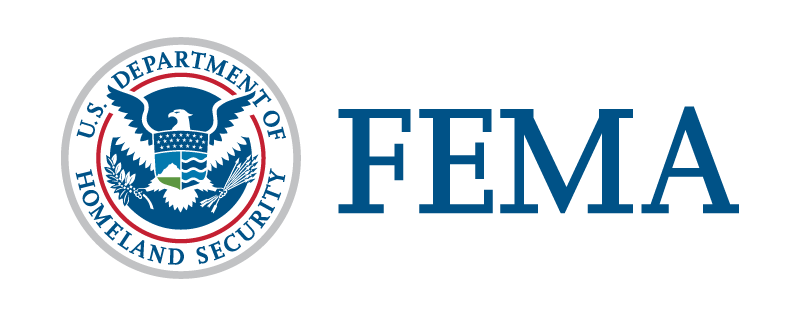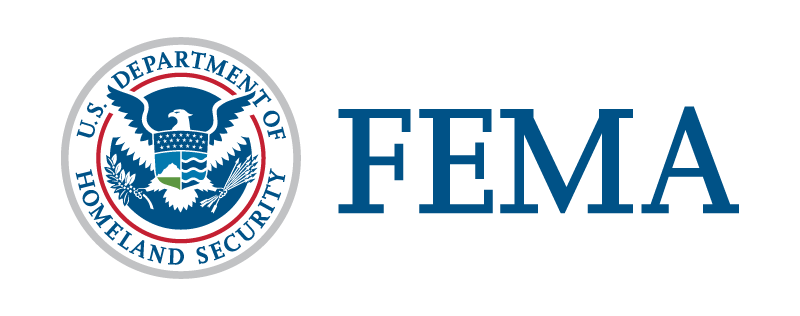How to Prepare for Hurricane Season


As more and more people get vaccinated and we begin to return to busy schedules, it is important to remember to take time to plan for disasters.
The Pacific hurricane season begins this weekend, followed by the Atlantic hurricane season on June 1. As we enter the hurricane season, with climate change enhancing the possibility and frequency of hurricanes, it is more important than ever to be prepared.
One of the best things you can do to prepare for hurricane season is to get vaccinated! This helps protect you if you need to evacuate to a shelter or interact with local emergency personnel.
Here are some other simple steps you can take to prepare yourself and your family.
Know your Evacuation Route
Check with local officials about what shelter spaces are available this year. Don’t forget — coronavirus may have altered your community’s plans.
Gather Supplies
Have enough food, water and other supplies for every member of your family to last at least 72 hours. Consider the unique needs of your family, such as supplies for pets or medication for seniors. Adding extra masks, soap, hand sanitizer, disinfecting wipes or general household cleaning supplies can help to protect you from COVID-19 when you evacuate to a shelter.
Make an Emergency Plan
Make sure everyone in your household knows and understands your hurricane plan. Don’t forget a plan for the office, daycare center, school and any other locations you frequent.
Plan with Disability in Mind
No two people are the same: each of us moves through, functions in and navigates the world differently. It is important to make your emergency plan based on what works best for you. Creating a support network or planning ahead with accessible transportation can ensure that you stay safe when disaster strikes. Visit Ready.gov/disability for more information on how to plan if, for example, you are blind, hard of hearing or have sensory disabilities.
Remember the Furry Members of Your Family
Pets need their own emergency plans and supply kits. Certain shelters won’t accept pets. Taking action in advance, such as seeking out shelters that DO accept pets, can make a difference. It’s also a good idea to plan with neighbors, friends or relatives to make sure that someone is available to care for or evacuate your pets if you are unable to do so.
Download the FEMA mobile app
Download the FEMA mobile app for disaster resources, weather alerts and safety tips. Available in English and Spanish, this app provides a customizable checklist of emergency supplies, maps of open shelters and recovery centers, disaster survival tips and weather alerts from the National Weather Service.
For more tips on how to prepare for disasters, visit Ready.gov.
Recent Posts
NOAA Weather
Tampa, FL
Last Updated on Jun 5 2024, 6:53 am EDT
Weather by NOAA
Current Conditions: Fair
Temp: 77°F
Wind: SE at 5mph
Humidity: 88%
Dewpoint: 73.0°F
 National Hurricane Center
National Hurricane Center
- The Atlantic hurricane season runs from June 1st through November 30th. April 20, 2025The Atlantic hurricane season runs from June 1st through November 30th.